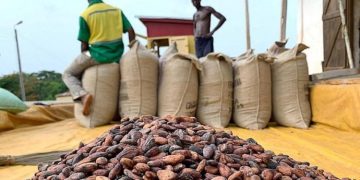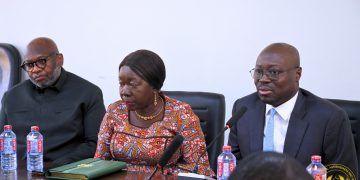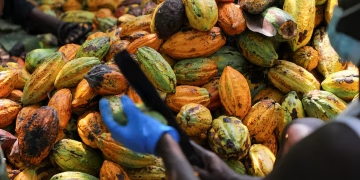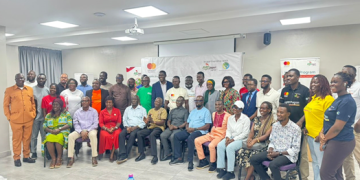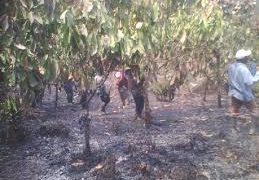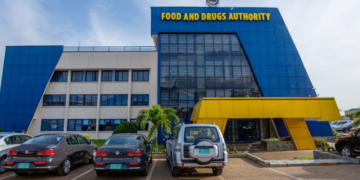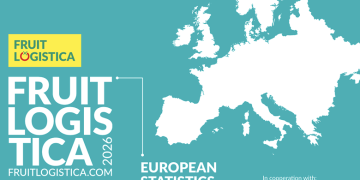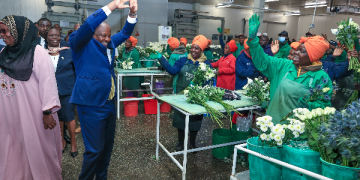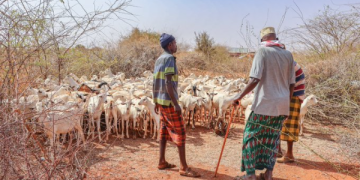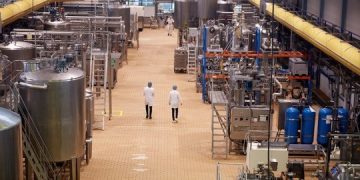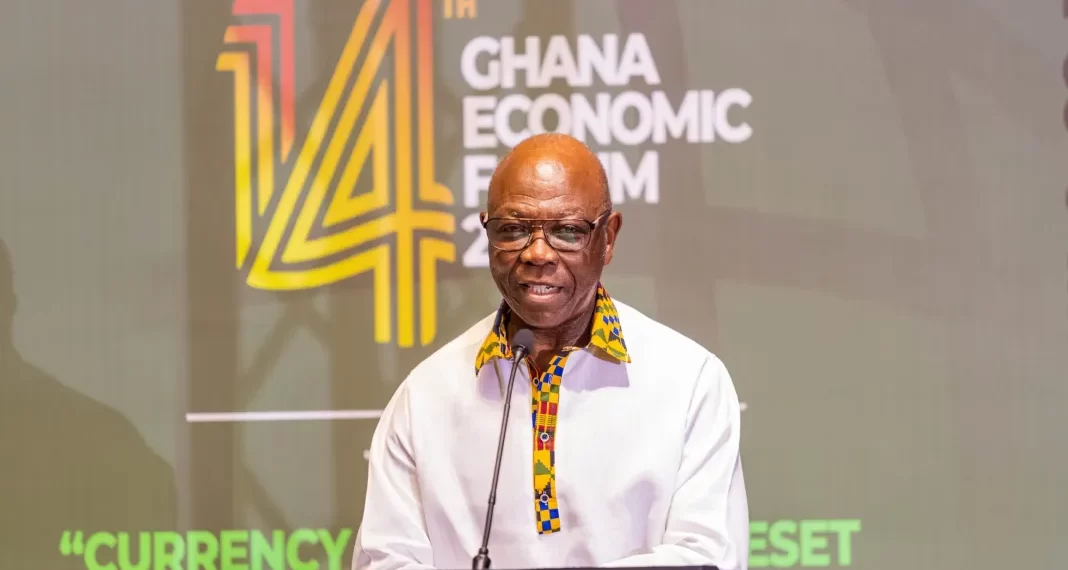The Chair of the Ghana Economic Forum (GEF), Edward Annan, has emphasised that Ghana’s path to long-term economic stability lies in building and strengthening local industries capable of adding value to the country’s abundant raw materials.
Speaking at the opening of the 14th Ghana Economic Forum in Accra, Mr. Annan stressed that sustainable growth will not come from policy declarations alone but from practical action that channels capital, innovation, and productivity into homegrown enterprises that create jobs and retain value within the economy.
He noted that Ghana stands at a pivotal moment, as global supply chain disruptions and currency instability continue to expose the weaknesses of import dependence. The nation, he said, must shift from exporting raw materials to building strong processing and manufacturing capacity — a move he described as “not aspirational, but essential.”
“The real prosperity of this nation lies not only in what we grow, but in what we make from what we grow,” Mr. Annan stated, urging renewed investment in value addition, particularly within agriculture and agribusiness.
He explained that a resilient economy is one grounded in innovation, skills development, and deliberate policy support that attracts productive investment rather than speculative capital. To achieve this, he called for stronger collaboration between government, the private sector, academia, and civil society to align reforms that deliver measurable outcomes such as job creation and export growth.
Mr. Annan reminded participants that economic transformation requires discipline, consistency, and evidence-based implementation of policies. He urged the Forum to move beyond discussions to action-oriented outcomes that reinforce Ghana’s industrial and manufacturing base.
“As a nation, we must not simply aspire to become competitive — we must act decisively to become so,” he said, noting that true competitiveness depends on strong local supply chains, reliable energy, supportive regulations, and accessible finance for productive sectors.
He expressed optimism that with greater focus on industrialisation, innovation, and technology adoption — particularly in agriculture — Ghana can build a more inclusive and globally competitive economy.
Mr. Annan concluded by calling on policymakers and the business community to ensure that commitments made at the Forum translate into tangible progress for Ghana’s economic transformation.














